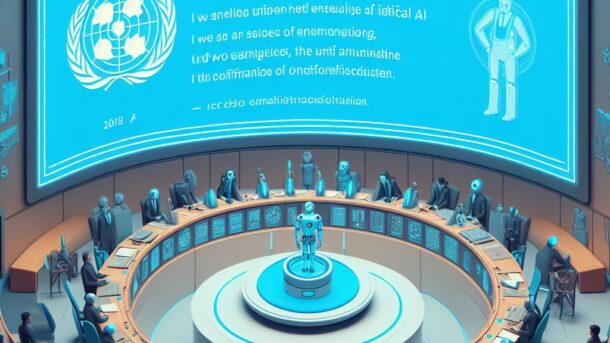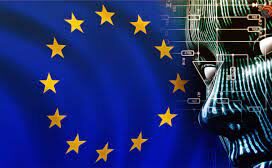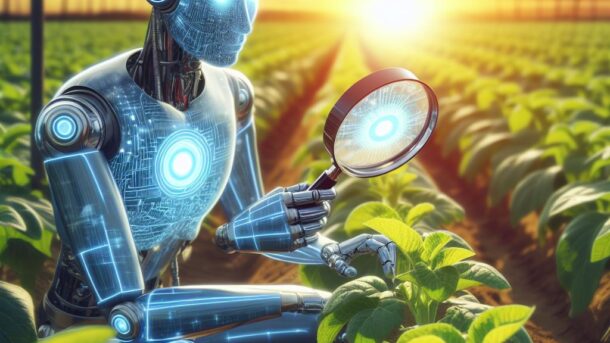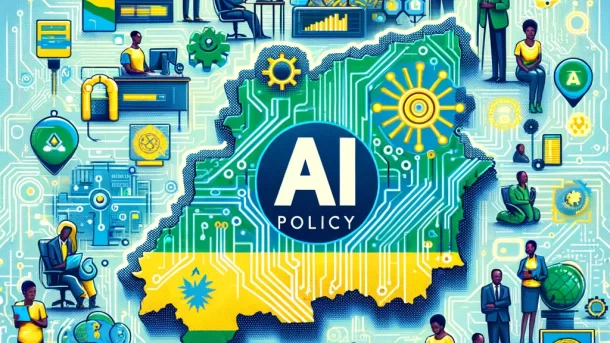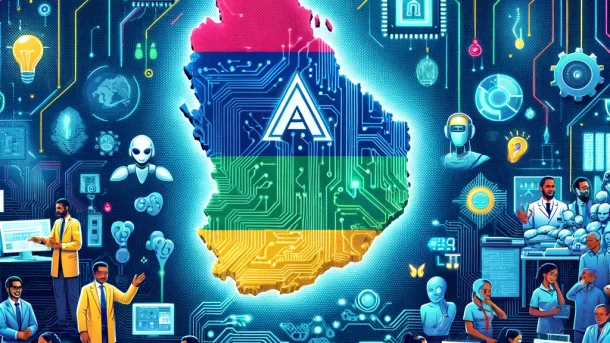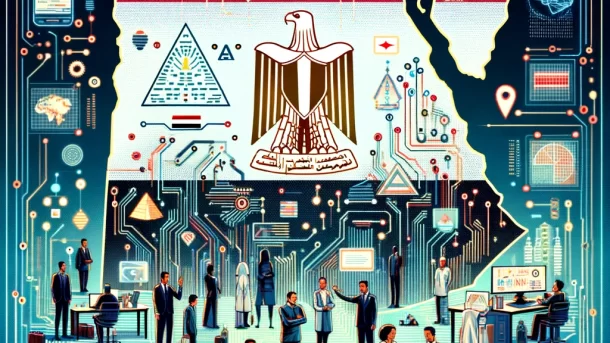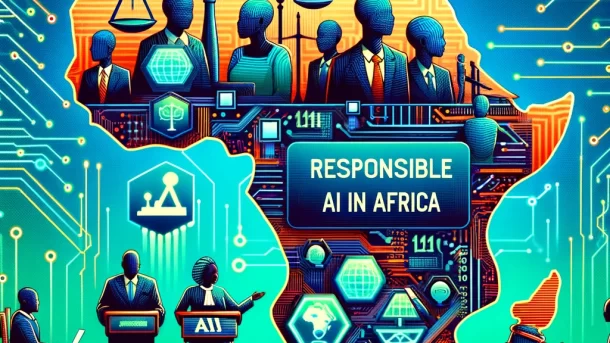Envision Kenya’s matatu drivers navigating Nairobi’s chaotic streets – each one vying for space, yet somehow managing to move forward in a coordinated dance. Similarly, in...
Continue reading...Artificial Intelligence
Artificial intelligence is the simulation of human intelligence processes by machines, especially computer systems. Specific applications of AI include expert systems, natural language processing, speech recognition and machine vision.
Creating Opportunities and Strengthening Persons with Disabilities with AI
Artificial Intelligence (AI) offers transformative potential for individuals with disabilities, breaking down communication barriers through assistants like Google Voice Access and Live Transcribe, enhancing mobility with innovations like the WHILL autonomous wheelchair and AI-driven navigation apps, enabling automation in smart homes, and providing personalized education and healthcare solutions. Despite challenges such as transparency and potential job displacement, AI remains a beacon of empowerment and equal opportunities for individuals with disabilities.
Continue reading...A Regulatory Framework for the Future of Artificial Intelligence in the EU’s AI Act
After more than two years of negotiations, the European Union has greenlit the groundbreaking AI Act. This legislation introduces a risk-based framework for regulating AI systems across member states, categorizing them into low, high, and minimal risk. High-risk AI providers face stringent obligations, aiming to strike a balance between innovation and safeguarding fundamental rights and safety.
Continue reading...Harnessing AI to Combat Crop Diseases and Insect Pests
Fighting crop diseases and insect infestations has never been easy in agriculture. However, a recent study by researchers at IIIT Naya Raipur shows how AI is altering the landscape, particularly with regard to soybean crops. They classified and identified insects on soybean leaves with amazing accuracy by using deep learning models such as YOLOv5 and InceptionV3. This discovery highlights the revolutionary potential of AI in agriculture and beyond by providing a scalable, effective method to safeguard crops and increase yields.
Continue reading...Liberland: A Blockchain-Based Sovereign State for Crypto-Friendly Governance
Liberland, formally known as the Free Republic of Liberland, is a pioneering sovereign state situated between Croatia and Serbia on the west bank of the Danube...
Continue reading...Rwanda’s National Artificial Intelligence Policy: A Roadmap for Responsible and Inclusive AI Growth
Rwanda’s National Artificial Intelligence (AI) Policy is a strategic roadmap aimed at leveraging AI to fuel economic growth, enhance the quality of life, and position Rwanda...
Continue reading...Mauritius Artificial Intelligence Strategy 2018: A Roadmap for Economic Transformation
In 2018, the Government of Mauritius embarked on an ambitious journey to integrate Artificial Intelligence (AI) into its economic framework, recognizing AI’s potential to enhance productivity,...
Continue reading...Egypt’s National Strategy for Artificial Intelligence: A Roadmap for Sustainable Development and Regional Leadership
In a significant move towards embracing the digital future, the Egyptian Cabinet approved the formation of the National Council for Artificial Intelligence (NCAI) in November 2019....
Continue reading...Responsible AI Policies, Laws, and Frameworks in Africa
In recent years, Africa has witnessed the burgeoning growth of an AI ecosystem, fueled by local tech spaces and internationally driven technology hubs established by major...
Continue reading...Navigating the Terrain: The Challenges and Opportunities of AI in Africa
Africa stands on the brink of a technological revolution, with Artificial Intelligence (AI) poised to transform various sectors across the continent. From healthcare and agriculture to...
Continue reading...
